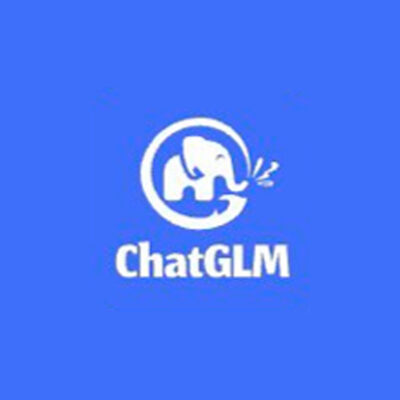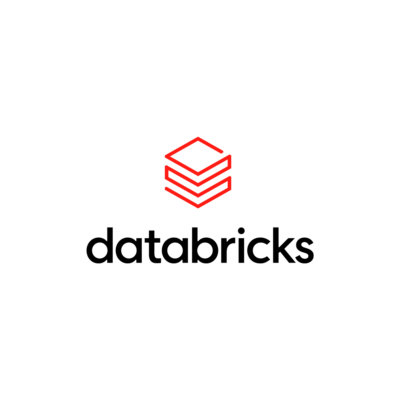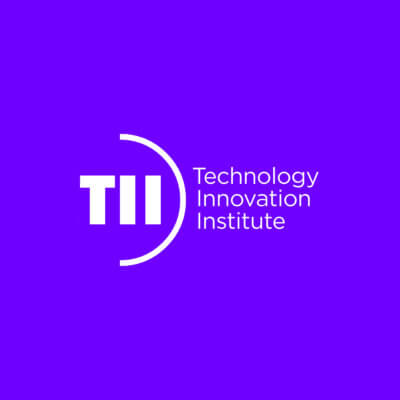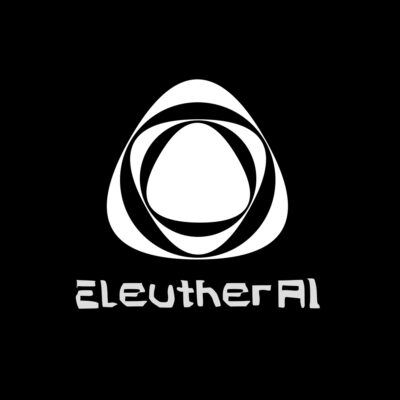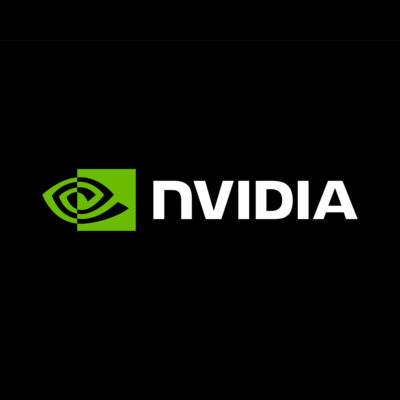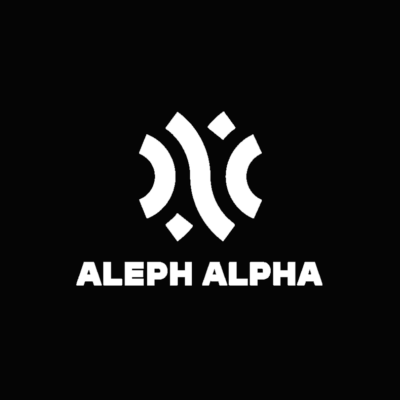Compare Models
-
Stanford University
Alpaca
FREEStanford University released an instruction-following language model called Alpaca, which was fine-tuned from Meta’s LLaMA 7B model. The Alpaca model was trained on 52K instruction-following demonstrations generated in the style of self-instruct using text-davinci-003. Alpaca aims to help the academic community engage with the models by providing an open source model that rivals OpenAI’s GPT-3.5 (text-davinci-003) models. To this end, Alpaca has been kept small and cheap (fine-tuning Alpaca took 3 hours on 8x A100s which is less than $100 of cost) to reproduce. All training data and techniques have been released. The Alpaca license explicitly prohibits commercial use, and the model can only be used for research/personal projects, and users need to follow LLaMA’s license agreement. -
Microsoft
Azure OpenAI Service
OTHERMicrosoft’s Azure OpenAI Service allows you to take advantage of large-scale, generative AI models with deep understandings of language and code to enable new reasoning and comprehension capabilities for building cutting-edge applications. Apply these coding and language models to a variety of use cases, such as writing assistance, code generation, and reasoning over data. Detect and mitigate harmful use with built-in responsible AI and access enterprise-grade Azure security. GPT-4 is available in preview in the Azure OpenAI Service and the billing for GPT-4 8K and 32K instances per 1/K tokens and can be found under those models on the tokes compare site. To note, Microsoft’s Azure OpenAI Service customers can access GPT-3.5, ChatGPT, and DALL·E too. -
Microsoft
Bing Search APIs
OTHERMicrosoft’s Bing AI search engine is powered by GPT-4. Microsoft claims the new model is faster and more accurate than ever. Bing Search APIs provide a variety of APIs with trained models for your use. The Bing Search APIs add intelligent search to your app, combining hundreds of billions of webpages, images, videos, and news to provide relevant results without ads. The results can be automatically customized to your user’s locations or markets, increasing relevancy by staying local. There are various prices for Bing Search APIs which are dependent on the feature. For customers who are interested in more flexible terms related to presenting Bing API results with their models check out the website for prices per 1,000 transactions. -
BloombergGPT
BloombergGPT
OTHERBloombergGPT represents the first step in developing and applying LLM and generative AI technology for the financial industry. Bloomberg GPT has been trained on enormous amounts of financial data and is purpose-built for finance. The mixed dataset training leads to a model that outperforms existing LLMs on financial tasks by significant margins without sacrificing performance on general LLM benchmarks. Bloomberg GPT can perform a range of NLP tasks such as sentiment analysis, named entity recognition, news classification, and even writing headlines. With Bloomberg GPT, traders and analysts can perform financial analysis and insights more quickly and efficiently, saving valuable time that can be used for other critical tasks. To use Bloomberg GPT, you need access to Bloomberg’s terminal software (a platform investors and financial professionals use to access real-time market data, breaking news, financial research, and advanced analytics). Bloomberg also offers a variety of other subscription options, including subscriptions for financial institutions, universities, and governments. The price of a Bloomberg terminal varies depending on the type of subscription and the number of users. -
ChatGLM
ChatGLM-6B
FREEResearchers at the Tsinghua University in China have worked on developing the ChatGLM series of models that have comparable performance to other models such as GPT-3 and BLOOM. ChatGLM-6B is an open bilingual language model (trained on Chinese and English). It is based on General Language Model (GLM) framework, with 6.2B parameters. With the quantization technique, users can deploy locally on consumer-grade graphics cards (only 6GB of GPU memory is required at the INT4 quantization level). The following models are available: ChatGLM-130B (an open source LLM), ChatGLM-100B (not open source but available through invite-only access), and ChatGLM-6 (a lightweight open source alternative). ChatGLM LLMs are available with a Apache-2.0 license that allows commercial use. We have included the link to the Hugging Face page where you can try the ChatGLM-6B Chatbot for free. -
Databricks
Dolly 2.0
FREEDolly 2.0 by Databricks, is the first open source, instruction-following Large Language Model, fine-tuned on a human-generated instruction dataset and is licensed for research and commercial use, which means any organization can create, own, and customize powerful LLMs that can talk to people without paying for API access or sharing data with third parties.Dolly 2.0 is a 12B parameter language model based on the EleutherAI pythia model family and fine-tuned exclusively on a new, high-quality human generated instruction following dataset (crowdsourced among Databricks employees – so cool). Dolly-v2-12b is not a state-of-the-art model, but it does exhibit surprisingly high-quality instruction following behavior not characteristic of the foundation model on which it is based. Dolly v2 is also available in smaller model sizes: dolly-v2-7b, a 6.9 billion parameter based on pythia-6.9b and dolly-v2-3b, a 2.8 billion parameter based on pythia-2.8b.Dolly 2.0 can be used for brainstorming, classification, open Q&A, closed Q&A, content generation, information extraction, and summarization. You can access the Dolly 2.0 can training code, the dataset, and the model weights on Hugging Face. -
Technology Innovation Institute
Falcon-40B
OTHERThe Technology Innovation Institute (TII), an Abu Dhabi government funded research institution, has introduced Falcon, a state-of-the-art autoregressive decoder-only language model series released under the Apache 2.0 license, which means it can be used for commerical and research uses.
The family includes Falcon-40B and Falcon-7B, trained on 1 trillion tokens, mainly (>80%) from the RefinedWeb datase. A special variant, Falcon-40B-Instruct, has been made available which may be more suitable for assistant-style tasks. Falcon-40B can support English, German, Spanish, French (and limited capabilities in Italian, Portuguese, Polish, Dutch, Romanian, Czech, Swedish). It can be used to generate creative text and solve complex problems, chatbots, virtual assistants, language translation, content generation, and sentiment analysis (and more).To use these models, PyTorch 2.0 is required. TII is now calling for proposals from users worldwide to submit their most creative ideas for Falcon 40B’s deployment – https://falconllm.tii.ae/call-for-proposal.php or you can pay to access it via Amazon SageMaker JumpStart.
A demo of Falcon-Chat is available on Hugging Face at https://huggingface.co/spaces/HuggingFaceH4/falcon-chat. -
Technology Innovation Institute
Falcon-7B
FREEThe Technology Innovation Institute (TII), an Abu Dhabi government funded research institution, has introduced Falcon, a state-of-the-art autoregressive decoder-only language model series released under the Apache 2.0 license, which means it can be used for commerical and research uses. Falcon-7B only needs ~15GB and therefore is accessible even on consumer hardware. The model can support English, German, Spanish, French (and limited capabilities in Italian, Portuguese, Polish, Dutch, Romanian, Czech, Swedish). It can be used to generate creative text and solve complex problems, chatbots, customer service operations, virtual assistants, language translation, content generation, and sentiment analysis.
This raw pretrained model should be finetuned for specific use cases. Falcon-7B-Instruct is also available at https://huggingface.co/tiiuae/falcon-7b-instruct.
If you are looking for a version better-suited model to take generic instructions in a chat format, we recommend Falcon-7B-Instruct rather than the base model. -
EleutherAI
GPT-J
FREEEleutherAI is a leading non-profit research institute focused on large-scale artificial intelligence research. EleutherAI has trained and released several LLMs and the codebases used to train them. GPT-J can be used for code generation, making a chat bot, story writing, language translation and searching. GPT-J learns an inner representation of the English language that can be used to extract features useful for downstream tasks. The model is best at what it was pretrained for, which is generating text from a prompt. EleutherAI has a web page where you can test to see how the GPT-J works, or you can run GPT-J on google colab, or use the Hugging Face Transformers library. -
EleutherAI
GPT-NeoX-20B
FREEEleutherAI has trained and released several LLMs and the codebases used to train them. EleutherAI is a leading non-profit research institute focused on large-scale artificial intelligence research. GPT-NeoX-20B is a 20 billion parameter autoregressive language model trained on the Pile using the GPT-NeoX library. Its architecture intentionally resembles that of GPT-3, and is almost identical to that of GPT-J- 6B. Its training dataset contains a multitude of English-language texts, reflecting the general-purpose nature of this model. It is a transformer-based language model and is English-language only, and thus cannot be used for translation or generating text in other languages. It is freely and openly available to the public through a permissive license. -
NVIDIA
LaunchPad
FREENVIDIA LaunchPad provides free access to enterprise NVIDIA hardware and software through an internet browser. NVIDIA customers can experience the power of AI with end-to-end solutions through guided hands-on labs or use NVIDIA-Certified Systems as a sandbox, but you need to fill out an Application Form and wait for approval. Sample labs include training and deploying a support chatbot, deploying an end-to-end AI workload, configuring and deploying a language model on the hardware accelerator, and deploying a fraud detection model.*FREE via Application Form -
Aleph Alpha
Luminous-base
$0.0055Aleph Alpha have the Luminous large language model. Luminous models vary in size, price and parameters. Luminous-base speaks and writes 5 languages: English, French, German, Italian and Spanish and the model can perform information extraction, language simplification and has multi-capable image description capability. Aleph Alpha is targeting “critical enterprises” — organizations like law firms, healthcare providers and banks, which rely heavily on trustable, accurate information. You can try Aleph Alpha models for free. Go to the Jumpstart page on their site and click through the examples on Classification and Labelling, Generation, Information Extraction, Translation & Conversion and Multimodal. Aleph Alpha are based in Europe, allowing customers with sensitive data to process their information in compliance with European regulations for data protection and security on a sovereign, European computing infrastructure.




